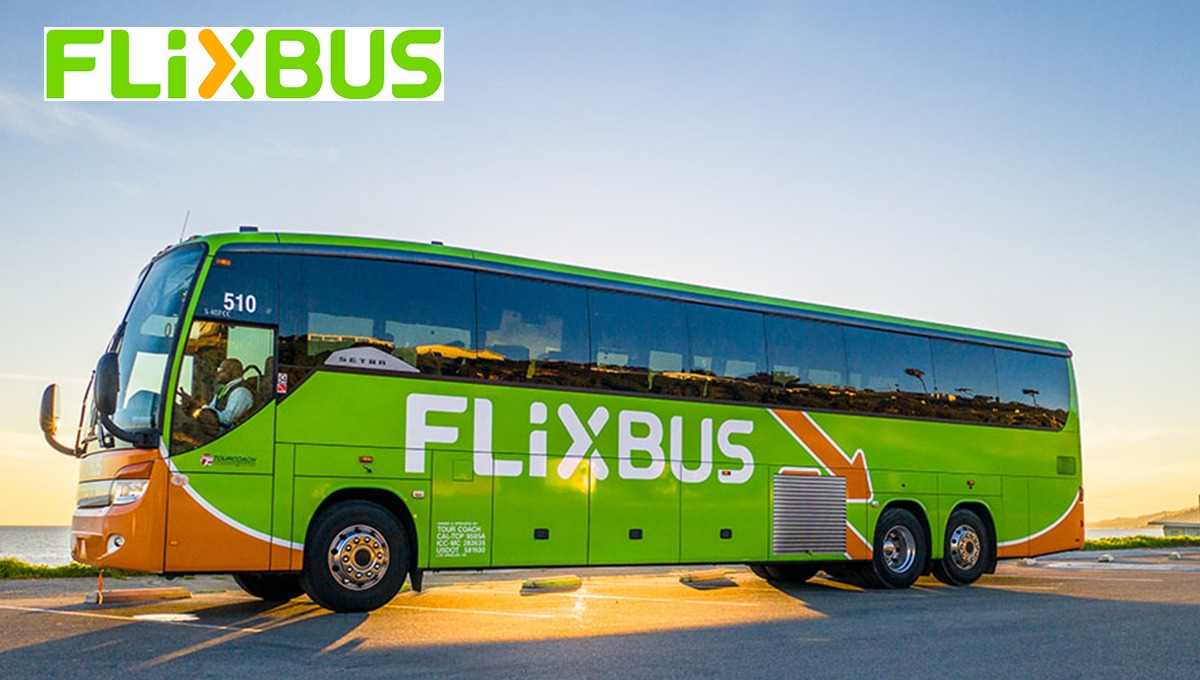
Exploring Germany Bus Travel with Flixbus
In today’s world, Germany has a long history of being a hub of technological innovation and culture. It is the most popular country in the European Union and home to over 800 million people still increasing day by day and also a place where the past and present meet. It is distinctive in that it has significantly impacted many different sectors. Additionally, Germany became a global leader in invention and creativity because of the contributions of well-known figures like Ludwig van Beethoven, Immanuel Kant, Johann Sebastian Bach, and Albert Einstein to the fields of science, philosophy, music, and literature. However, it goes towards only well-known names. Germany has now become one of the biggest and most developed economies in the world due to its industrial sector and emphasis on export-driven businesses.
Let’s Discover some German attraction points
Berlin– Germany’s capital Berlin is known for its extraordinary variety of landmarks, and lively cultural scene but a different style of life. Actually, the city’s remarkable contrasts make it very famous. The historical meld together with different historically significant structures. Anyone interested in learning more about the history of the Cold War should visit Berlin; it is a truly remarkable city. Berlin, the nation’s capital, was divided for a considerable amount of time, just like Germany was divided into East and West. The city’s numerous museums and tourist destinations are excellent resources for learning about life in that era and the consequences of the Cold War on this thriving metropolis. Apart from the most famous club in the area, the techno hub Berghain, there’s a fantastic selection of great pubs and clubs along the river that are great all summer long. Berghain is the name of Berlin’s techno hotspot.
Munich– Munich is well-known for its beer, its annual Oktoberfest celebration, and its hometown, which is home to some of Germany’s best brewers. This functions as the center for conferences as well as a well-liked travel destination. Tucked away north of the Bavarian Alps, Munich, the capital and largest city of Bavaria, sits largely along the ocean banks of the River Isar. The city has a distinct character and a lengthy past. Munich has grown to be Germany’s third-biggest metropolis after Berlin and Hamburg, yet it still has some of the charm of a little town. Munich may appear little by international standards, with 1.49 million citizens, but its warmth and charm more than make up for it. Munich’s walkable main districts, each with a distinct vibe, are what make the city so beautiful, and the city’s rich architectural history only serves to enhance its allure.
Frankfurt– Frankfurt is considered to be the world’s smallest metropolis, the financial center, the city of Europe, and also the transportation hub. When you try to think of the metropolis on the main road, the skyline, the stock exchange, the book fair, and the Frankfurt airport come to mind. This city is also renowned for producing excellent frankfurters, etc. For a considerable amount of time, it has served as a major hub in transportation from Switzerland, and southern Germany to the Ruhr area and northward via the main river. It is considered a great place for a romantic getaway because of its blend of old and new qualities. There are some German top institutions like Goethe University, Technical University, and Frankfurt School of Finance and Management are mainly located in Frankfurt.
Hamburg– With around 2,500 bridges spanning its rivers and canals, Hamburg holds the record for having the most bridges in all of Europe. In addition to its extensive architectural history, the city is home to renowned cultural landmarks including the music halls Laeiszhalle and Elbphilharmonie. Hamburg, a city, and Land, located on the Elbe River in northern Germany. It is the country’s largest port and commercial center. The Free and Hanseatic City of Hamburg is the second smallest of the 16 Länder of Germany, with a territory of only 292 square miles. The city is Northern Germany’s economic and cultural center. It regularly wins prizes for being both very liveable and very smart. Hamburg’s Smart City Approach is visible in everyday life: smart technologies, interdisciplinary pilot projects, and new architecture keep popping up in the ever-evolving city.
Conclusion
In conclusion, exploring Germany through Bus travel with Flixbus offers a convenient and affordable way to experience the beauty of this incredible country. With a wide network of routes and modern amenities, Flixbus provides its travelers with a comfortable and efficient means to discover Germany’s rich cultural heritage, landscapes, and vibrant cities. Whether you are a tourist seeking to explore historic landmarks or a nature enthusiast who wants to wander through scenic countryside, Flixbus can be considered a reliable choice for connecting you to your desired destinations. Embark your journey with Flixbus, and you will not only enjoy the beauty of Germany but also contribute to a more sustainable way of traveling.







